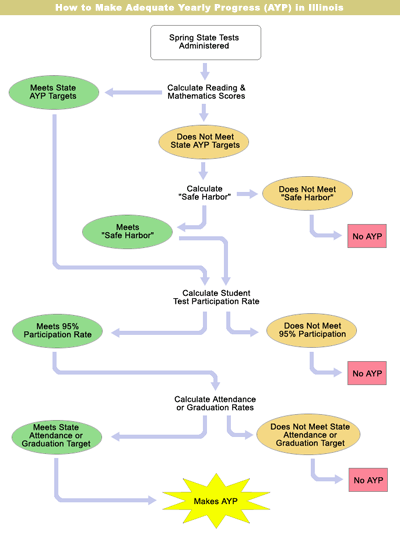 My colleague said to me that “the arts are a core subject in NCLB and that alerting policy makers of this can have a powerful positive affect.”
My colleague said to me that “the arts are a core subject in NCLB and that alerting policy makers of this can have a powerful positive affect.”
It’s true, NCLB does include arts education as one of the 10 core subjects.
In reality that’s a policy fantasy. “Follow the money,” said another colleague. Or, “the only accountability is financial accountability,” said a senior education administrator. I like that last quote. It rings true to me.
So, what’s happened under NCLB? Perhaps the best take on this is from Jack Jennings at the Center on Education Policy: the narrowing of the curriculum is real.
If the curriculum was narrowing during a period of budget growth in most public schools, what do you think will happen if NCLB remains the same or has only minor changes during a period of divestment in education?
In other words, what does NCLB plus big budget cuts equal: a new, hyper-driven back-to-basics movement. Less money will be available to schools, requiring cuts to staff, supplies, funding for external providers, etc. In combination with strict accountability that excludes arts education, these cuts are going to make arts even more vulnerable than ever before.
Will changes to NCLB make a difference? Naturally, it depends on the changes. Full funding of NCLB, as proposed by President Elect Obama isn’t going to help arts education. Rethinking the accountability design would help, but that’s a tough and uncertain road.
Diane Ravitch’s column in today’s Forbes.com is a good read if you want to know a bit more about how NCLB doesn’t add up and what might be done about it.



